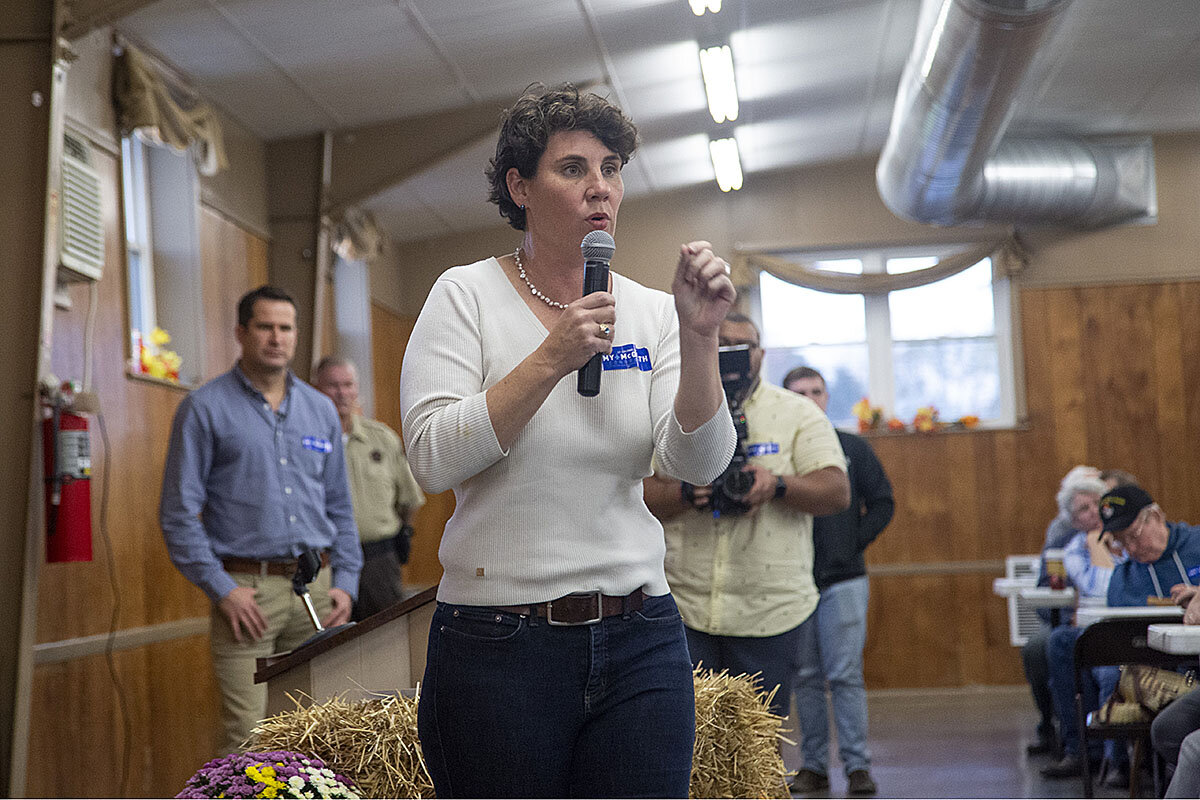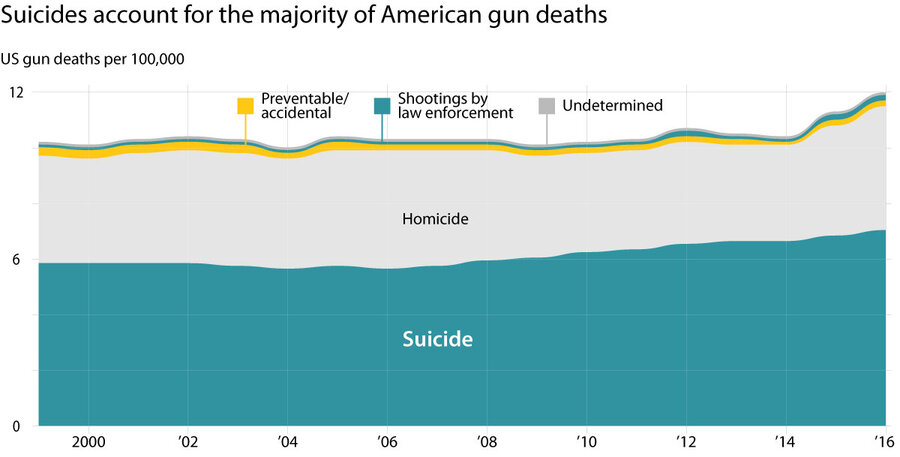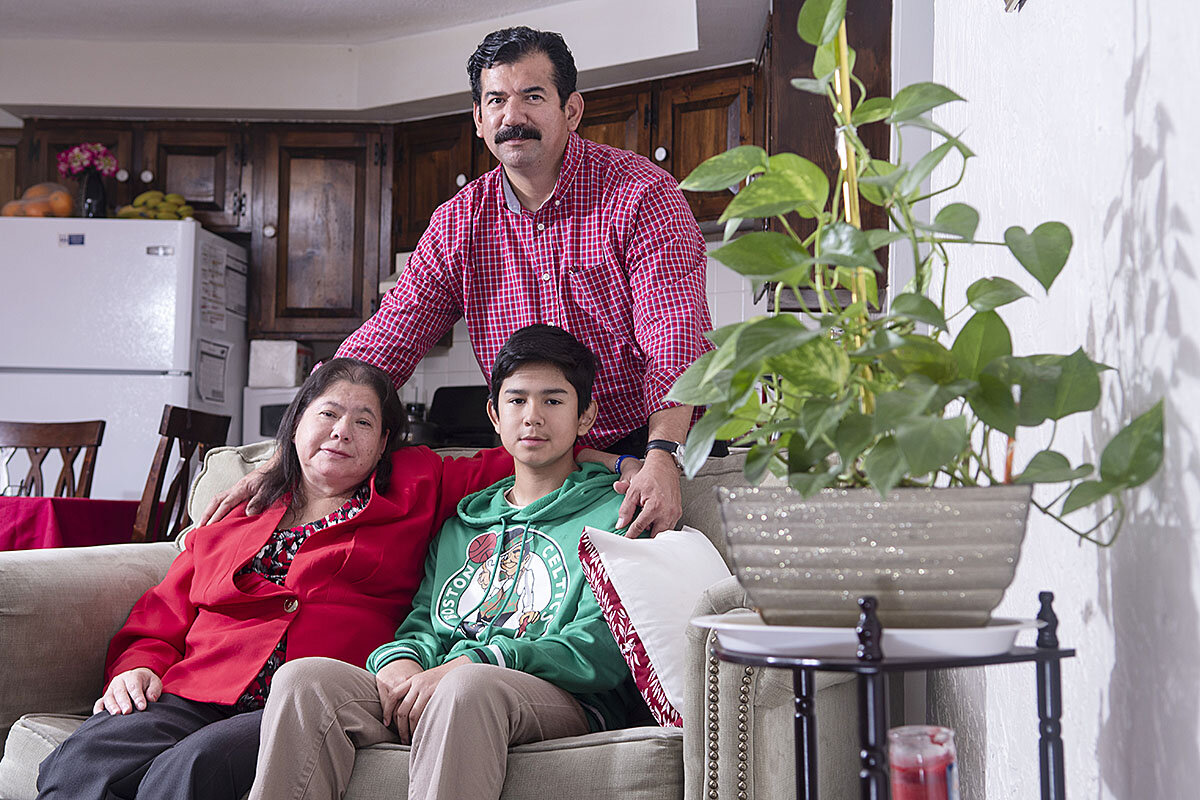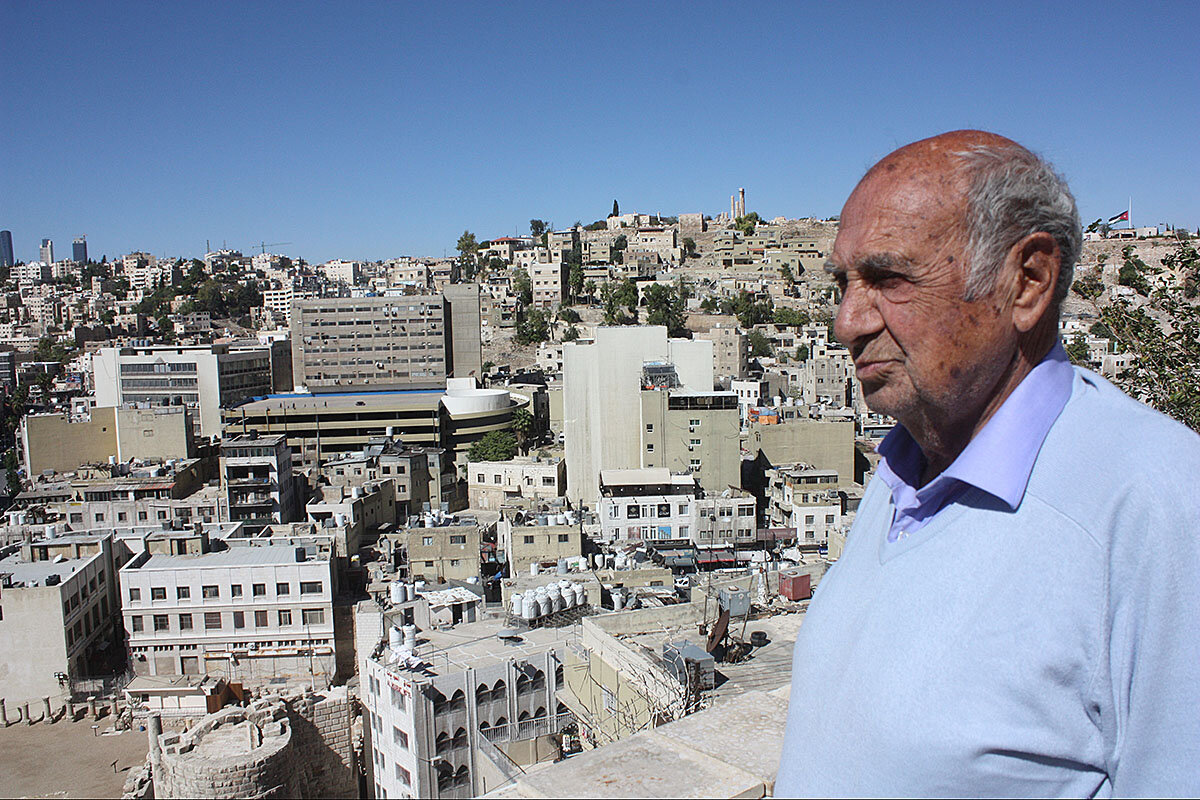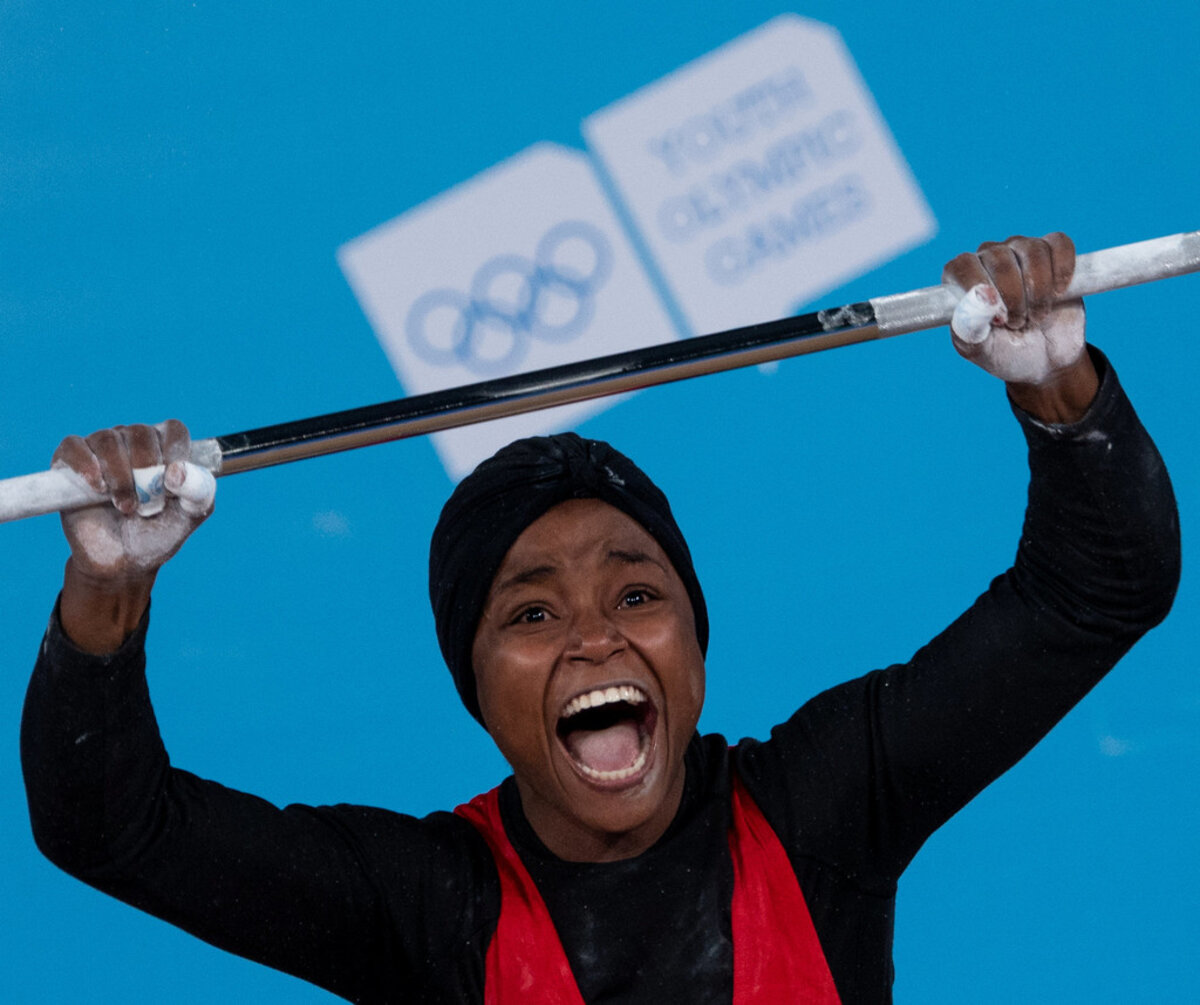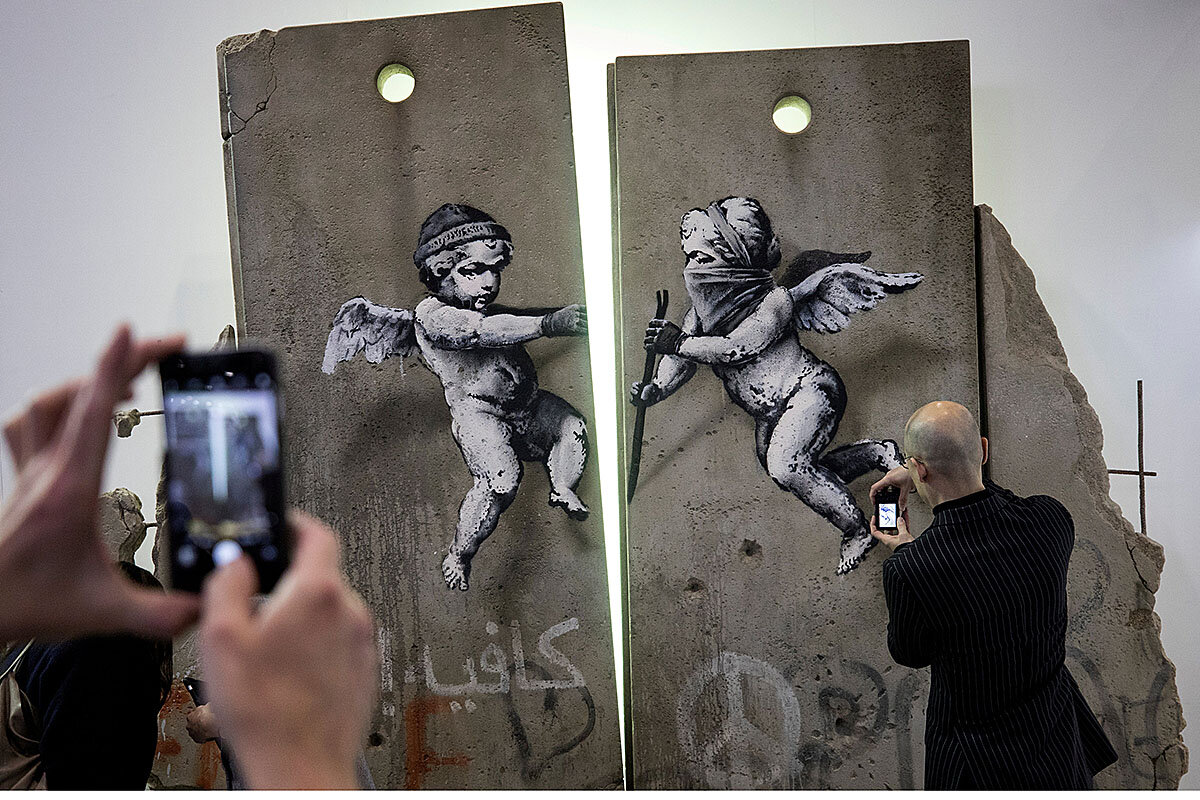With the midterms looming, is the so-called Rust Belt – the parts of the northeastern and midwestern United States where industries have hollowed out – still as pivotal as it was two years ago? The answer appears to be yes, but for new reasons.
Monitor Daily Podcast
- Follow us:
- Apple Podcasts
- Spotify
- RSS Feed
- Download
 Amelia Newcomb
Amelia Newcomb
It’s a big week for Americans. Many have commented on the contentious tone ahead of Tuesday’s midterm elections. But it’s worth noting as well the heart on display.
On Friday and Saturday, Jews and non-Jews across the country heeded a #ShowUpforShabbat campaign after the attack on a Pittsburgh synagogue. As Rabbi Karyn Kedar told an Illinois gathering, “Communities all over the world gather in their sanctuaries, to turn them into sanctuaries again.”
In Seal Beach, Calif., a fan of the Donut City shop noticed proprietor John Chhan working solo and asked after his wife, who turned out to be ill. The neighborhood mobilized. Saturday, they bought all his inventory by 8:30 a.m. so he could close and go be with her. “I feel very warm,” he told NBC News.
And North Ogden, Utah, turned out for Maj. Brent Taylor, killed Saturday in Afghanistan. Neighbors created impromptu memorials and prayed for him and his wife and seven children at church. Many noted his last Facebook post, which lauded the recent Afghan election. “I hope everyone back home exercises their precious right to vote,” he wrote, and that “we all remember that we have far more … that unites us than divides us.”
Monitor writers around the US are poised to help you parse the election’s themes and outcomes as they watch ballot initiatives, too-close-to-call races, and all sorts of potential “firsts.” You can find their stories in the evening Daily or get a jump-start at csmonitor.com starting early Tuesday. Get in the spirit with this file from Linda Feldmann on her whirlwind weekend tour on Air Force One with the ultimate “closer”, President Trump.





